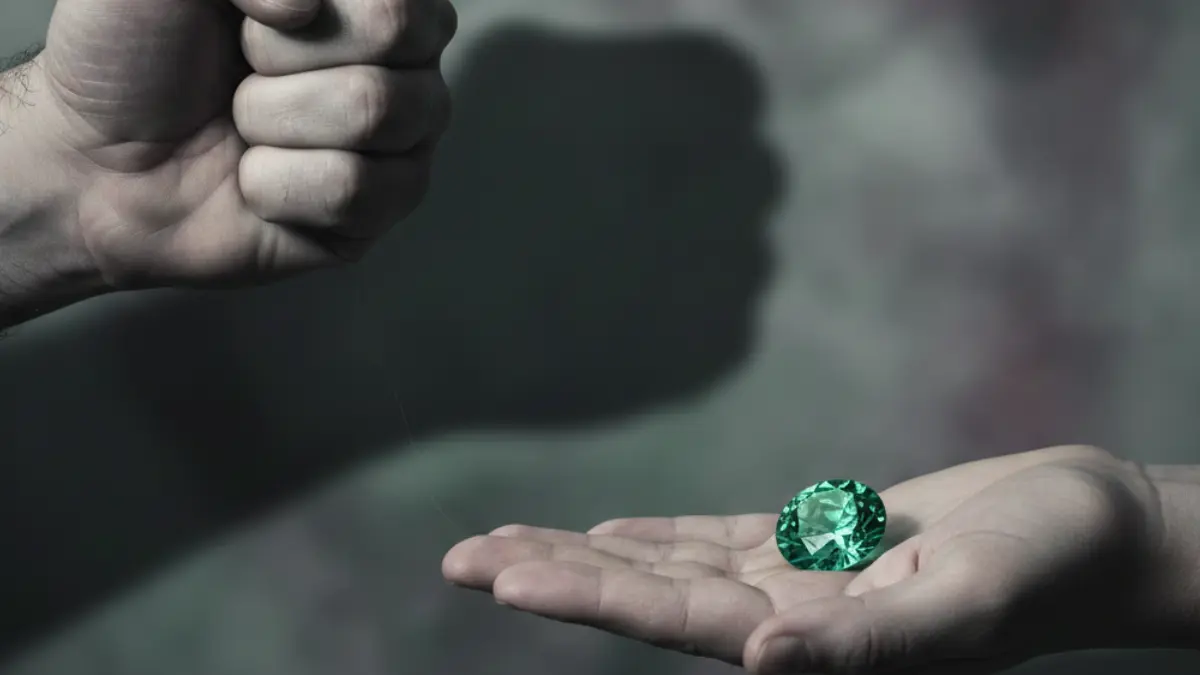Discover how recurring doubts and suspicions may be shaping your romantic relationship dynamics.

Cognitive Jealousy Scale
Measure your jealous thoughts here.
Jealous thoughts can quietly shape how we interpret our partner’s actions, often leading us to imagine threats that may not actually exist. This quiz explores how frequently you experience suspicion, doubt, or worry about your partner’s loyalty, helping you better understand your internal relationship narrative.
Persistent relationship suspicion is often driven by insecurity, past relational experiences, or fear of loss. Over time, these thought patterns can strain communication and erode trust—even in otherwise healthy partnerships. If you notice overlap with anxiety-driven thinking, you may also find the Anxiety Sensitivity Test helpful.
Understanding your score can clarify whether your thoughts are situational or part of a broader pattern of rumination. For a wider view of how control and trust interact in relationships, consider exploring the Relationship Control Scale as well.
Frequently Asked Questions
- How long does this quiz take?
- This quiz takes about three minutes to complete.
- Are my responses private?
- Yes, all Cognitive Jealousy Scale answers are anonymized and confidential.
- Can I take this test more than once?
- Yes, you can retake the test any time to see how your Cognitive Jealousy Scale results may have changed.
- Will this quiz diagnose relationship problems?
- No. This quiz is a self-reflection tool designed to increase awareness, not to diagnose relationship issues.
- Can my results help me improve my relationship?
- Yes. Understanding your thought patterns can help guide healthier communication and trust-building efforts.
Relationship Jealousy Scale: Take The Test
References
Disclaimer
This scale is designed for educational purposes and is not a substitute for professional diagnosis or treatment.

